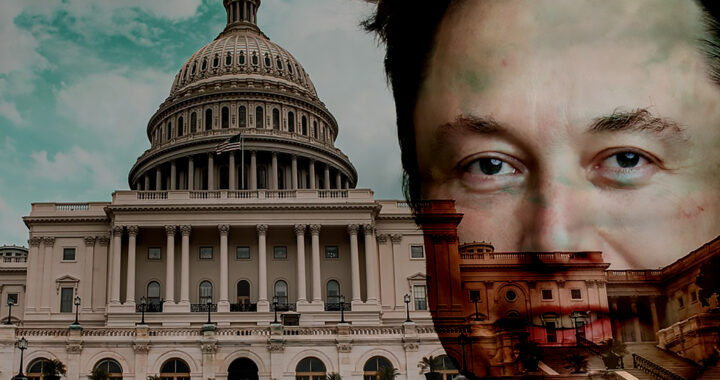Republican House Speaker Mike Johnson spearheaded the proposal of the bipartisan stop-gap spending bill designed as a temporary measure to prevent a government shutdown and maintain essential federal operations. It is specifically aimed to extend funding until early in the new term of President-elect Donald Trump.
It included nearly USD 100 billion in provisions for disaster relief, economic aid for farmers, infrastructure projects, and measures to criminalize revenge porn. The proposal sought to balance immediate fiscal needs with bipartisan priorities to ensure continuity while avoiding contentious long-term debates over federal budgets.
However, despite its intention, the spending bill quickly became a flashpoint for political discord. Trump criticized the bill for including Democratic priorities and demanded a stripped-down version. A not-so-unlikely figure also joined the fold. Tech billionaire and incoming government efficiency head Elon Musk has been a vocal critic of the bill.
The Spending Stop-Gap Spending Bill Standoff: Elon Musk Opposed and Disrupted the Bill With False Claims Via His X Platform
Musk launched an extensive social media campaign against the legislation via his X platform. He labeled the measure a wasteful pork spending and urged lawmakers to reject it. His commentary fueled opposition within MAGA media outlets and amplified conservative discontent. This amplified pressure on House Republicans to abandon support for the bill.
He is specifically shaping public and political opinion against a bipartisan government spending bill meant to avert a government shutdown. He even favor shutting down the government instead until the inauguration of Trump with no regard for economic costs. Musk made over 100 posts criticizing the bill. Some included false and misleading claims.
Falsehood versus Reality
• Shutdown Impact: Musk downplayed the consequences of a government shutdown by falsely suggesting it would have minimal impact on critical functions. However, a shutdown halts many government services, causes missed paychecks, and leads to significant economic losses, as evidenced by past shutdowns.
• Congressional Pay Raise: He also falsely claimed the bill would give Congress a 40 percent pay raise. Note that the Congress has not had a raise since 2009. The maximum possible adjustment would be a modest 3.8 percent and not 40 percent.
• NFL Stadium Funding: Musk claimed the bill included USD 3 billion for a new NFL stadium in Washington. However, the bill only transferred control of the RFK Stadium to the local government of D.C. for redevelopment. No federal funds were involved. There was no proposal to fund the building of a new stadium.
• January Committee Protection: He alleged the bill shielded the January 6th committee from investigation. Note that the bill clarified that House data stored on external platforms remained under House control. This is unrelated to the committee.
• Bioweapons Laboratory: Musk amplified the false claims that the bill will be funding a bioweapons laboratory. However, as explained in the proposed spending bill, there is specific funding allotted to support regional biocontainment laboratories for public health and pandemic preparedness. This has nothing to do with bioweapons.
Reactions and Implications
The misinformation and disinformation from Musk fueled opposition from both Republican politicians and the MAGA-aligned common public against the proposed stop-gap spending bill. His social media tirades have undermined bipartisan cooperation.
Several observers noted that his actions illustrate how he is starting to act as an unelected power broker influencing Republican actions and policies. The high-profile opposition of Musk essentially underscores his growing influence in political discourse.
A possible and prolonged government shutdown could tarnish the public image of the GOP and complicate the legislative agenda of Trump. The standoff over the debt ceiling and government funding also sets the stage for future legislative gridlock.





